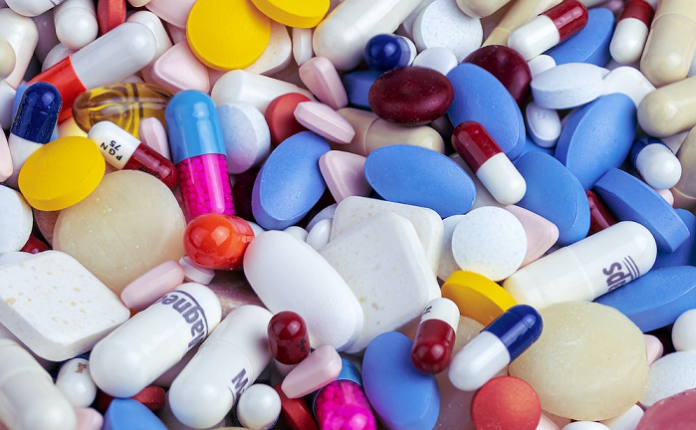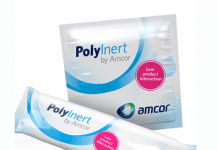
The Indian government has banned 14 fixed dose combination (FDC) drugs in the country. In a notification issued on 2 June following recommendations by an expert committee, the health ministry said there is ‘no therapeutic justification’ for these medicines and they may involve ‘risk’ to people.
These 14 fixed dose combination drugs include nimesulide and paracetamol dispersible tablets and chlopheniramine maleate and codeine syrup. These drugs contain a combination of two or more active pharmaceutical ingredients (APIs) in a fixed ratio.
These 14 fixed dose combination drugs including Nimesulide and Paracetamol dispersible tablets and Chlopheniramine Maleate and Codeine syrup. FDC drugs are those which contain a combination of two or more active pharmaceutical ingredients (APIs) in a fixed ratio.
The banned drugs include those used for treating common infections, cough and fever combinations such as nimesulide paracetamol dispersible tablets, chlopheniramine maleate codeine syrup, pholcodine promethazine, amoxicillin bromhexine and bromhexine dextromethorphan ammonium chloride menthol, paracetamol bromhexine phenylephrine chlorpheniramine guaiphenesin and salbutamol bromhexine.
The expert committee said there is “no therapeutic justification for this FDC (fixed dose combination) and the FDC may involve risk to human beings. Hence, in the larger public interest, it is necessary to prohibit the manufacture, sale or distribution of this FDC under section 26 A of the Drugs and Cosmetics Act, 1940. In view of the above, any kind of regulation or restriction to allow for any use in patients is not justifiable.”
In 2016, the government had announced a ban on the manufacture, sale and distribution of 344 drug combinations after an expert panel had said they were being sold without scientific data. The order was challenged by the manufacturers. The current banned drugs are part of the 344 combinations.







